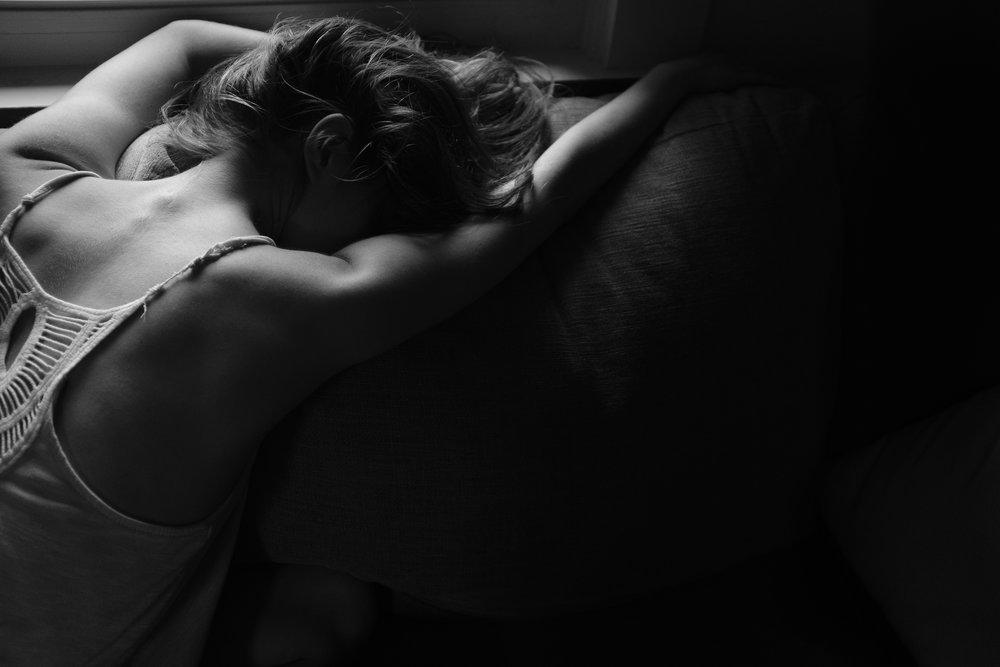What is postpartum depression (or PPD)?

Postpartum depression is a medical condition experienced by approximately 10 percent of women after their baby is born. It is normal to have some feelings of irritability, weepiness, impatience, low self-esteem, restlessness, oversensitivity, anxiety and lack of feelings for the baby. However, when these feelings are intense, frequent, and include anger, panic, hopelessness, and severe anxiety you may be suffering from PPD. With postpartum depression, pharmaceutical intervention may be required and can offer relief. If you have a family history of PPD, let your healthcare provider know prior to delivery so they can monitor you appropriately.
This Q&A discusses the difference between low mood or “baby blues”, postpartum depression and postpartum psychosis.
Read this Q&A to find our more about why you may not mentally feel like your normal, pre-pregnant self postpartum.
Previous Post
Next Post
Sleep is so important but the optimal amount is different for each family member.
It depends on age and other factors.
Find out the healthy sleep ranges by age, for you and your growing family.
Starting with babies (newborn to one year),
toddlers, preschoolers, school aged
children, teens and adults.
Guide to optimal family sleep (daytime naps & at night)
FREE download
Be the first to know about special
offers and resources
for our community only.
Don't miss out!
Become a Calm Parent Insider
FREE gifts & resources
CALMMOTHER LIMITED © 2023 | ALL RIGHTS RESERVED
terms | privacy | contact
Simplifying life for parents so you can focus on what matters most to you.
Live your best life with kids!
+ Show / Hide Comments
Share to: